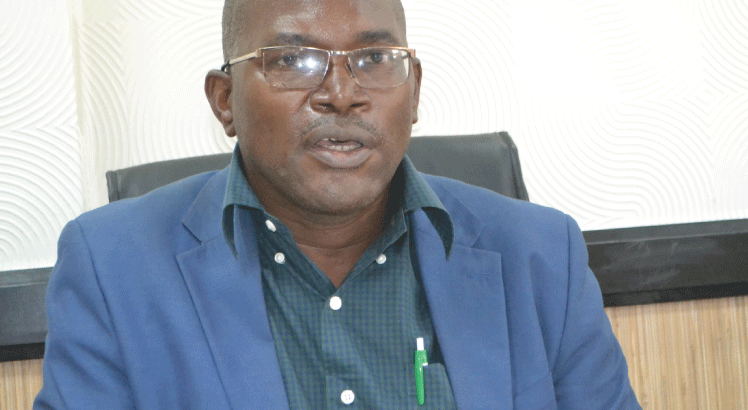SMEs cherish FinEs loans
Small and Medium Enterprises (SMEs) in the country have described as a relief the soft loans offered by the Reserve Bank of Malawi (RBM) under the Financial Inclusion and Entrepreneurship Scaling (FinEs) project through banks and macro-finance institutions.
The funds, which are part of the five-year $86 million (about K87 billion) loan facility obtained by the government from the International Development Association, have reached over 36 000 beneficiaries, who are engaged in various businesses in the country.

According to available data from the RBM, this financial institution had at the end of June disbursed loans amounting to K43 billion with women dominating the beneficiaries’ list.
Chamber for Small and Medium Association executive secretary James Chiutsi while indicating that access to formal credit remains a challenge said that such soft loans have had a noticeable impact on small and medium businesses.
“The FinEs have really done wonders and a lot of SMEs have benefited. We just move a step up where the amount of loans being disbursed should make a difference.
“Very few SMEs are getting a lion’s share of the shares but most are getting little. We want loans that will make a big difference and boost business liquidity. We thus encourage authorities to give out reasonable amounts that will make a big difference,” he said.

On his part, National Association of Small and Enterprises general manager Prince Tauzi also described the loans as timely and fair for SMEs.
He said: “The loans have benefitted quite a good number of businesses. The conditions which are softer compared to the normal bank loans, make access very fair for SMEs. We are hoping to see more of its impact into our economy as the project progresses.”
Earlier National Association of Business Women (Nabw) board chairperson Susan Mkandawire said in an interview the loans have helped improve livelihoods for women-owned businesses.
“Most financial institutions view us as an undeserving part of the community; hence, access to loans has been a challenge. Such soft loans thus help us access much needed funds to boost our businesses,” she said.
The loans which are obtained through commercial banks and micro-finance institutions are offered at 11 percent per annum when accessed through commercial banks and between 36 percent and 48 percent when obtained through microfinance institutions and savings and credit cooperatives (Saccos).
FinEs project manager Ralph Tseka said the response has so far been positive and hopes to reach out to many small businesses with loans.
“The resources are out there with the banks and various micro-finance institutions, but we need more small businesses to be aware of these finance opportunities. We do not have a specific target of SMEs we want to reach out to but we are only recording how much we are receiving and the response is overwhelming,” he said.
The FinEs project objective is to increase access to financial services, promote entrepreneurship and capabilities of MSMEs.
It seeks to achieve this through four components, namely, liquidity enhancement to MSMEs, scaling entrepreneurship and building firm capabilities, enhancing the enabling environment for supporting the financial inclusion and growth of entrepreneurs as well as project implementation support.
In Malawi, access to loans remains a challenge with the World Bank figures showing that the majority of MSMEs fail to access finance despite the sector being a significant source of employment to 1.6 million people.
The figures further show that only 10 percent of medium enterprises, five percent of small enterprises and three percent of micro enterprises have access to credit from commercial banks.






One Comment